- Books Name
- English Language Book
- Publication
- PathSet Publications
- Course
- Class 5
- Subject
- English Language
![]()
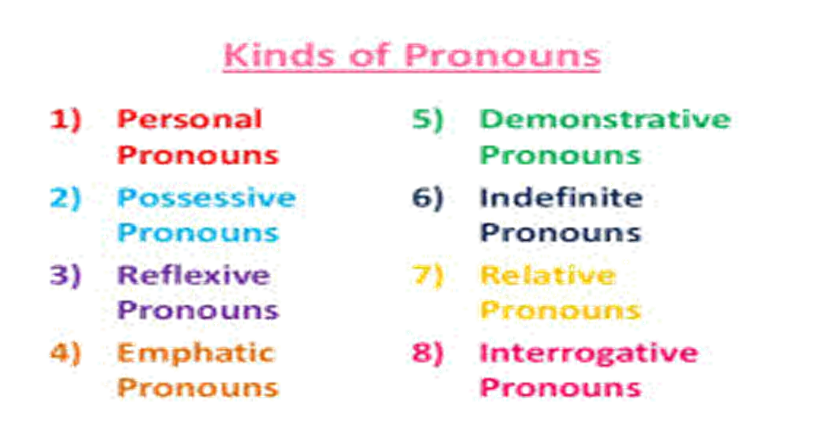
1. Personal Pronoun
Personal Pronouns are those which are used in place of persons, animals, or things. They are so called, because they stand for the three persons:
The first person, the second person, and the third person.
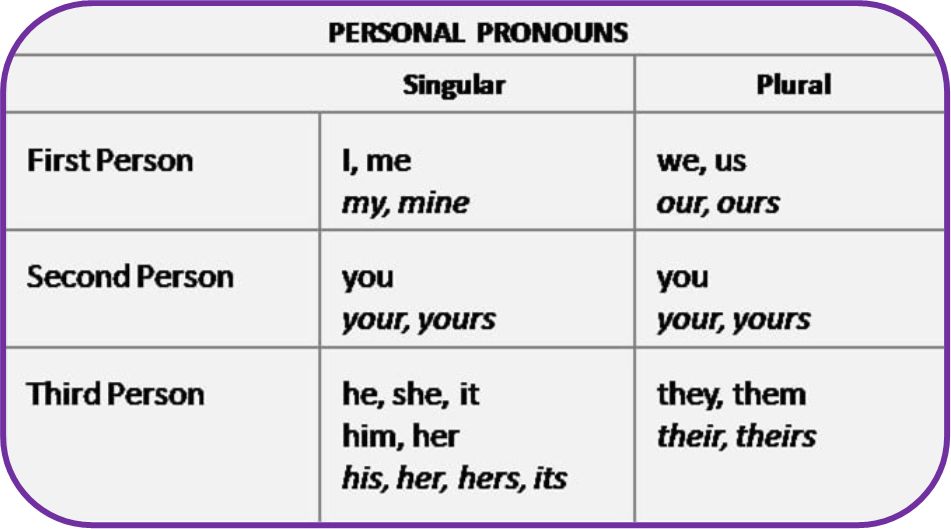
The Pronouns which refer to the person or persons speaking are called Pronouns of the First Person; as: I, we, me, us, mine, and ours.
The Pronouns which refer to the person or persons spoken to are called Pronouns of the Second Person; as: you, yours.
The Pronouns which refer to the person or thing spoken of are called Pronouns of the Third Person; as: he, she, him, his, her, hers, they, them, theirs, and it.
2. Interrogative Pronoun
Pronouns used for asking questions about persons or things are called Interrogative pronouns.
EXAMPLES:
1. Who made that noise? 
2. What is the matter?
The pronouns who, whom and whose are used for asking questions about persons. The pronoun which is used for asking questions about persons or things.
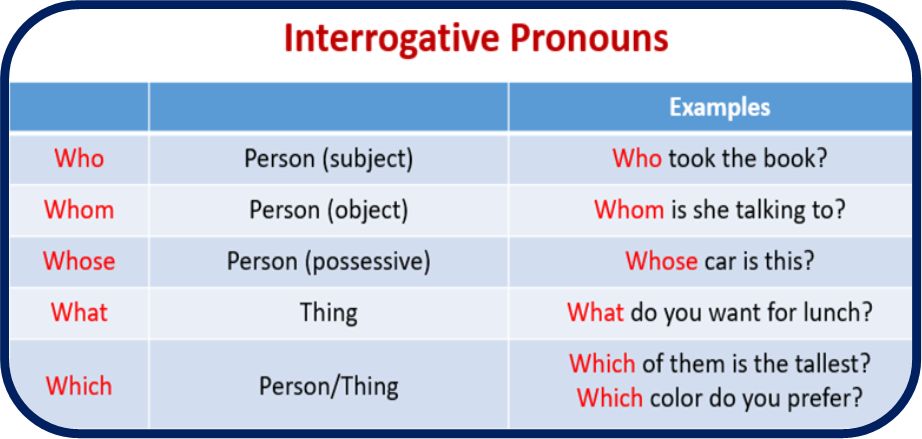
3. Demonstrative Pronoun
The pronouns which are used to point the objects which they refer to, are known as demonstrative Pronoun.
EXAMPLES
1. This is my bicycle.
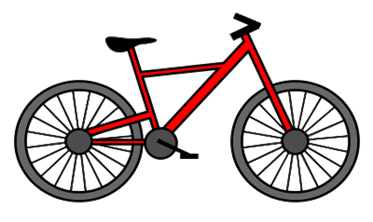
2. That is my school.

In the above sentences, this, these, that, those are used to point out the object or objects for which they are used. This and these refer to things near at hand; that and those refer to things lying at a distance. They are, therefore, called Demonstrative Pronouns.
4. Reflexive Pronoun
Reflexive Pronouns are those, where the action done by their subjects reflect upon them. Self or selves used as suffix with the pronoun in this form.
Read the following sentences.
1. I blame myself for my failure.
2. We often talk to ourselves in sleep.
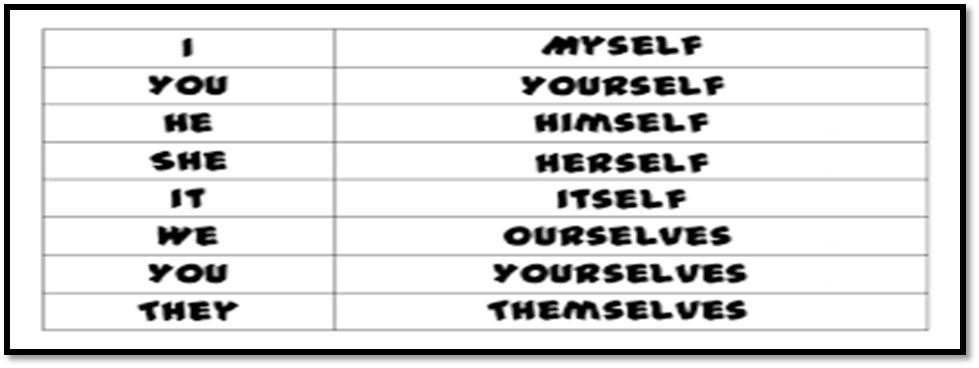
The Pronouns myself, ourselves, yourself, yourselves, himself, herself, themselves, itself behave like objects to verbs but they refer to the same persons as the subjects to the verbs. So they are called Reflexive Pronouns.
5. Emphatic Pronoun
The pronouns which are used to put emphasis on a noun or pronoun are known as emphatic pronouns.
EXAMPLES:
1. I myself was present there.
2. We ourselves served the guests.
The pronouns myself, ourselves, yourself, yourselves, himself, herself, themselves itself are used with a noun or a pronoun for the sake of emphasis. Hence they are called Emphatic Pronouns.
6. Relative Pronoun
The pronouns which are used to join two sentences are known as relative pronoun.
EXAMPLES:
1. This is the boy who won the prize.
2. This is the girl whom he met.
The pronouns who,whom in the above sentences are called relative pronouns. Pronouns who, whom whose, which and that,which refer back to the noun coming before them, they are Relative Pronouns.
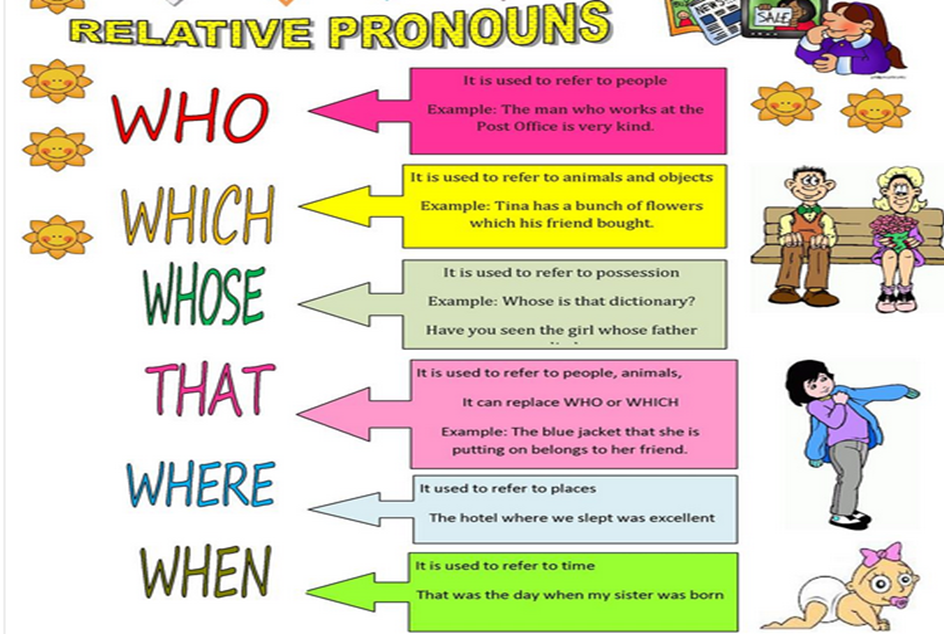
7. Indefinite Pronoun
The Pronouns which refer to a person or a thing in general way are called indefinite pronouns.
EXAMPLES:
1. Some say this and some say that.
2. Many have failed in this exam.
The pronouns this refer to persons or things in a general manner. They are hence known as Indefinite Pronouns.
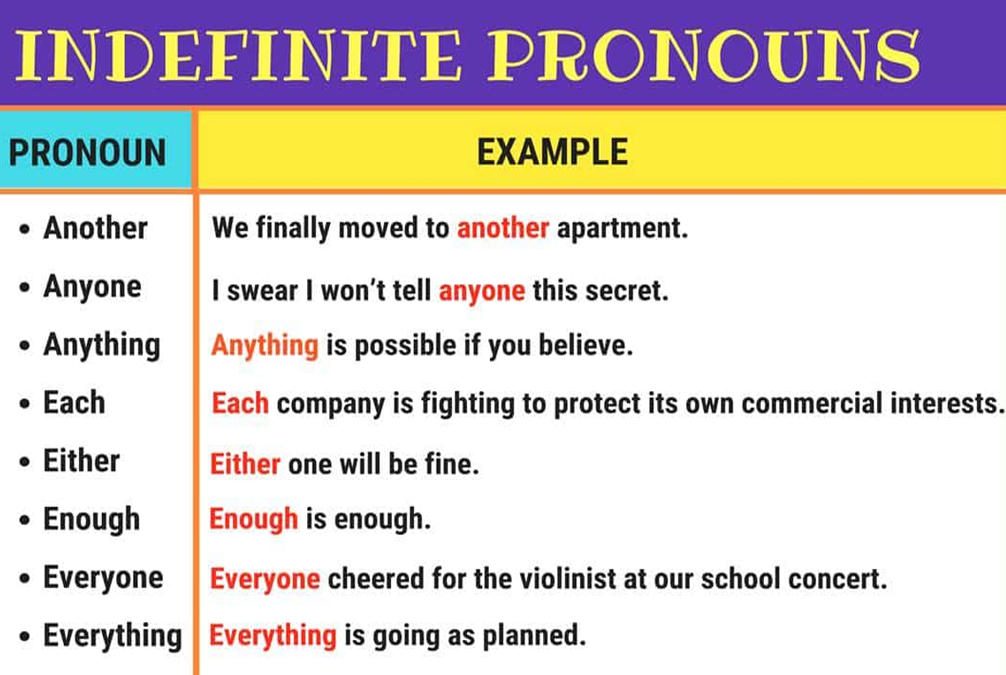
8. Reciprocal Pronoun
The Pronouns that show the mutual relationship are known as reciprocal pronoun.
EXAMPLES
1. The four dogs are quarrelling with one another.
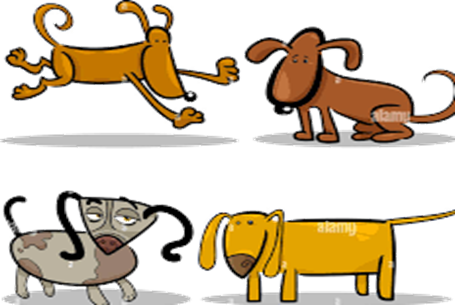
2. Two men are fighting with each other.
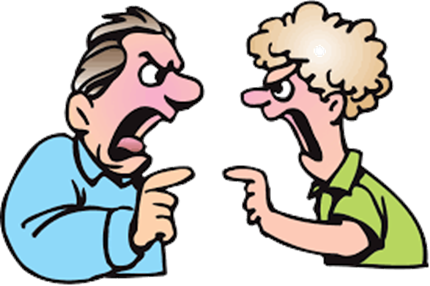
Here “one another” and “each other” are mutually related.

 PathSet Publications
PathSet Publications
